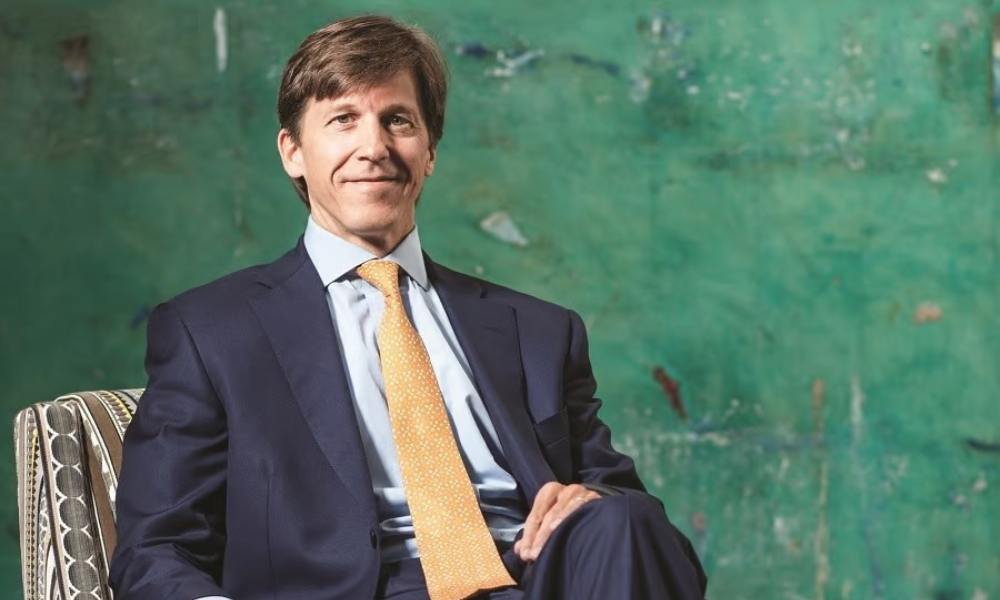

Dan Arnold was the ultimate survivor of LPL Financial’s series of executive battles of the last 20 years.
But in the end he was fired as the giant brokerage’s CEO for making statements, not yet known publicly, to employees that violated the company’s code of conduct.
It was a punishing end to Arnold, 59, who became CEO of LPL Financial Holdings Inc. at the start of 2017 and managed the firm, now with more than 22,000 financial advisors, to new heights.
With the ticker LPLA, the firm saw its stock price make a spectacular rise under Arnold, from close to $36 per share at the time he was promoted to chief executive to close to $230 on October 1, an increase of more than six times, when he was fired for cause by LPL’s board after an investigation into his conduct.
InvestmentNews on Wednesday was not able to reach Arnold to comment about his firing. He did not respond to a message on LinkedIn.
But several industry executives, who spoke to InvestmentNews confidentially because of the sensitivity of the matter, pointed to the fact that Arnold may eventually sue LPL over the matter, potentially airing more dirty laundry in public.
Arnold’s firing also raises further questions about LPL and its ability to continue making acquisitions and stave off activist shareholders like hedge funds demanding changes to its board, potentially causing volatility it its share price.
In other words, will LPL be dragged through the mud in the wake of Arnold’s firing?
A spokesperson for LPL, whose financial advisors work with clients with more than $1.5 trillion in assets, declined to comment.
“It’s not unusual for senior LPL executives to be blunt to the point of being unpleasant dealing with stress,” said one senior industry executive, who did not know the details that led to Arnold’s firing. “It’s a culture built on driving employees through anxiety and stress.”
“When any board terminates for cause, that’s the most severe route,” said another senior industry executive. “They couldn’t sweep these facts under the rug once they were exposed.”
“And there are other ways to discipline employees,” the executive added. “They can be suspended, put on performance review plans, so it’s a serious matter, although we don’t know what happened.”
Arnold, a graduate of Auburn University in 1988 with an undergraduate degree in electrical engineering and then got his master’s in business administration from Georgia State University three years later, was a president at the bank broker UVEST Financial Services when it was bought by LPL in 2007.
Known for his close attention to detail, he rose through the ranks at LPL, outlasting competition like Bill Dwyer, Esther Stearns, Derek Bruton and Robert “RJ” Moore. He was managing director and divisional president until 2011 and then promoted to chief financial officer. In 2015, he was bumped up again to president before becoming CEO in 2017 after Mark Casady retired.
After the market closed on Tuesday, LPL said it had terminated Arnold and replaced him for the time being with industry veteran Rich Steinmeier, currently the company’s managing director, chief growth officer.
Steinmeier will be interim CEO, effective immediately.
According to a statement by the company, Arnold was terminated for violating LPL’s commitment to a respectful workplace. He also resigned from the board.

Canadian stocks are on a roll in 2025 as the country prepares to name a new Prime Minister.

Two C-level leaders reveal the new time-saving tools they've implemented and what advisors are doing with their newly freed-up hours.

The RIA led by Merrill Lynch veteran John Thiel is helping its advisors take part in the growing trend toward fee-based annuities.

Driven by robust transaction activity amid market turbulence and increased focus on billion-dollar plus targets, Echelon Partners expects another all-time high in 2025.

The looming threat of federal funding cuts to state and local governments has lawmakers weighing a levy that was phased out in 1981.
RIAs face rising regulatory pressure in 2025. Forward-looking firms are responding with embedded technology, not more paperwork.
As inheritances are set to reshape client portfolios and next-gen heirs demand digital-first experiences, firms are retooling their wealth tech stacks and succession models in real time.
